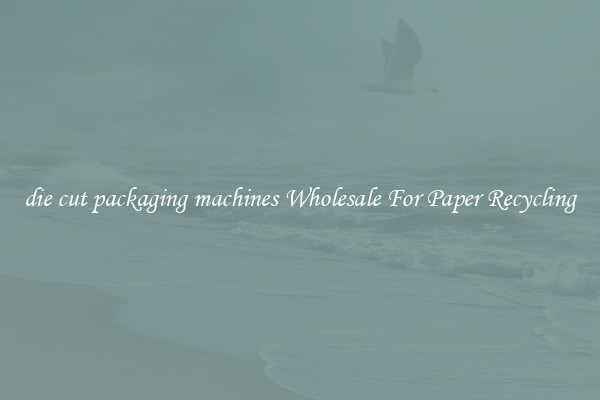numbering and perforating machines Wholesale For Paper Recycling
Numbering and perforating machines play a crucial role in the wholesale paper recycling industry. These machines are designed to streamline the recycling process, making it more efficient, accurate, and cost-effective. With the increasing emphasis on sustainable practices and the need to reduce waste, these machines have become an indispensable tool for paper recycling companies.

Numbering machines are used to mark or label individual sheets of paper with a unique number or code. This is particularly useful for keeping track of the recycling process, ensuring that each sheet is accounted for and properly recycled. The numbers can be added to the paper during the sorting or shredding process, making it easier to manage and track the recycled paper.
Perforating machines, on the other hand, are used to create small holes or perforations in the paper. These perforations serve several purposes in the recycling industry. Firstly, they allow the paper to be easily separated and sorted based on size, weight, or other criteria. This makes the recycling process more efficient and reduces the amount of waste that ends up in landfills.
Secondly, perforations can also be used to create tear-off sections or coupons on recycled paper. This is particularly useful for commercial businesses or manufacturers who use perforated sheets for invoices, receipts, or other documentation. By incorporating perforated sections into the recycled paper, these businesses can save money by reusing and repurposing the material.
Wholesale paper recycling companies heavily rely on numbering and perforating machines for several reasons. Firstly, these machines ensure accuracy and reduce errors in the recycling process. By adding unique numbers or codes to each sheet of paper, companies can easily track and monitor the progress of the recycling process. This is particularly important for companies that deal with large quantities of paper, where manual tracking would be time-consuming and prone to errors.
Secondly, these machines improve efficiency and productivity. Numbering and perforating machines can process large quantities of paper quickly and accurately. This helps in reducing labor costs and increasing the overall efficiency of the recycling operations. By automating the process, companies can handle higher volumes of paper, meet customer demands, and improve their bottom line.
Lastly, these machines also contribute to the environmental sustainability of the paper recycling industry. By efficiently sorting and processing the paper, the recycling process becomes more effective, reducing waste and conserving valuable resources. The perforations created by the machines also enable the paper to be easily separated and recycled, ensuring that a higher percentage of the material is utilized.
In conclusion, numbering and perforating machines have become an integral part of the wholesale paper recycling industry. These machines improve accuracy, efficiency, and sustainability in the recycling process. As the demand for sustainable practices continues to grow, the significance of these machines in the paper recycling industry will only increase.

View details

View details

View details

View details








